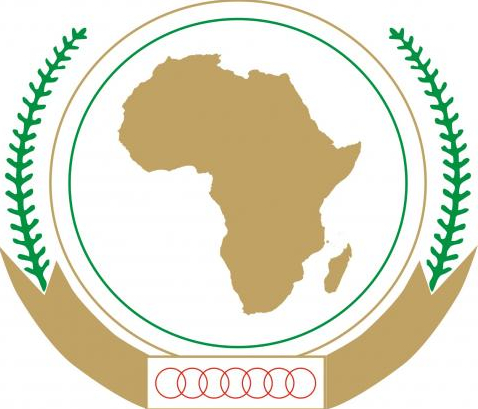This year, Africa celebrates the 50th Anniversary of the Organisation of African Unity, currently known as the African Union (AU). The European Union has been working in hand with the AU since its creation and has a Delegation in Addis Ababa dedicated to the partnership. At a recent meeting in Brussels, Head of Operations Section, Joan Nadal-Sastre shared his views on the challenges and opportunities facing this unique Delegation.
The EU Delegation to the African Union in Addis Ababa covers a wide range of activities, from diplomatic work to the implementation of cooperation programmes. Its unique feature is the key work that it does in coordinating the implementation of the Joint Africa-EU Strategy with the African Union institutions and, in particular, the African Peace Facility. While the Delegation supports various African Union organs across the continent, the bulk of work is done with the AU Commission (AUC) in Addis Ababa.
“Our work is very different to the work of colleagues in bilateral Delegations,” explained Joan Nadal-Sastre, Head of the Operations Section. “To begin with, our Head of Delegation, Gary Quince, is also European Union Special Representative (EUSR).”
The colleges of the European and AU Commission met in Addis Ababa in April. This yearly political rendez-vous sets an occasion for Commissioners to have in-depth discussions on their respective priorities and to look into the implementation of the Joint Africa-EU Strategy. “At the end of the day, the political discussions translate into specific actions for programmes,” said Mr Nadal-Sastre.
This year witnessed the first meeting of the European Commission with the newly elected AUC chaired by Dr. Zuma, who shared the priorities for the African Union: economic growth, regional integration, while promoting gender issues across the board.
“This strong engagement with African partners and neighbours allows the EU to look beyond the traditional domains of development and trade relations, and into the many other areas where Africa has a direct relevance for the Europe-2020 agenda, and for the external dimension of EU policies,” said Mr Nadal-Sastre. At the meeting, Commissioners took stock of cooperation, and looked at future initiatives in areas such as peace and security, human rights and governance, trade and regional integration, agriculture, energy, employment and migration, climate and environment and space technologies.
Within its portfolio of €350 million, the Delegation’s Operations Section has placed a strong emphasis on capacity development for the AUC itself to help it attain international standards and implement its own policies. In this respect, the AUC has evolved dramatically in recent years.
“One of the main challenges (for the AUC) is to ensure that the decisions that have been made at continental level are actually domesticated, enacted and implemented by the member states,” said Mr Nadal-Sastre. “This is where the EU support and added value is needed and, indeed, welcomed,” he added.
Looking ahead, Mr Nadal-Sastre sees an opportunity for improved cooperation in the reform of the JAES - the Joint Africa –EU Strategy. Decided in Lisbon in 2007, this strategy is currently structured around eight partnerships: peace and security; governance, democracy and human rights; trade and regional integration; energy; climate change and environment; the Millennium Development Goals; migration, mobility and employment: space, sciences and ICTs. Reflection on its reform is underway, with the aim to present an updated strategy at the 4th Africa-EU Summit, which will take place in April 2014 in Brussels.
Mr Nadal-Sastre also considers that the new EU multi annual financial framework, including the Development Cooperation Instrument (DCI), will help to improve cooperation with the African Union at a continental level. The European Commission has proposed € 1 billion as part of the DCI for the Pan African Programme, “so that will be the opportunity to integrate the different instruments we have, and treat Africa as one,” he said.
This collaborative piece was drafted with input from Jonathan Van-Meerbeeck and Biruk Feleke, with support from the capacity4dev.eu Coordination Team.


Log in with your EU Login account to post or comment on the platform.